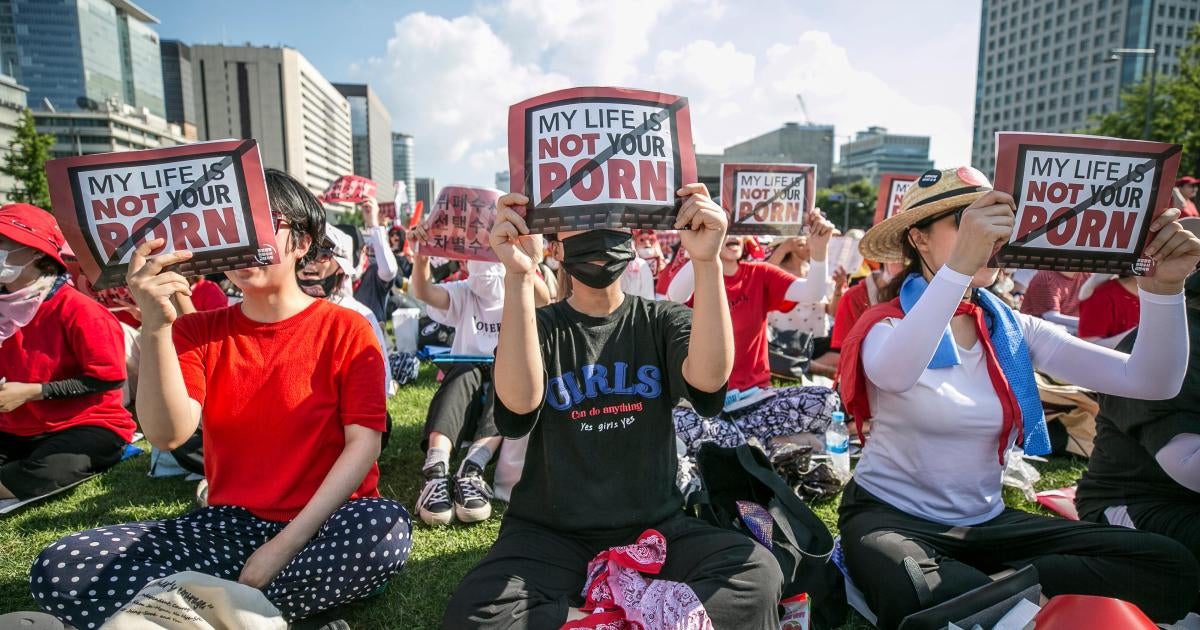
South Korea Grapples with Deepfake Pornography Epidemic
Impact of Deepfake Pornography in South Korea
South Korea is currently facing a severe crisis due to the proliferation of deepfake pornography, which has had devastating effects on women and girls. The issue has escalated to an epidemic level, with deepfake sexual images being widely shared online, often without the consent of the individuals depicted.
Increasing Cases and Social Impact
The number of reported deepfake cases has surged dramatically, from 156 in 2021 to 297 by July of the current year. These crimes have targeted hundreds of women and girls, with one group sharing these images boasting 220,000 members. The victims include university students, teachers, military personnel, and even minors, highlighting the widespread nature of this issue.
Government Response and Legal Measures
In response to public outcry and protests, the South Korean government has introduced legislation to expand the range of acts punishable as digital sex crimes and to toughen penalties. A center has also been established to assist survivors of these crimes. However, these measures have been criticized as insufficient given the scale and severity of the problem.
Challenges in Addressing the Crisis
Despite government efforts, the judicial system, predominantly male, often fails to take these crimes seriously. Women seeking help from the police are frequently dismissed, retraumatized, or ridiculed. There is also a lack of comprehensive sexuality education in schools, which contributes to a broader societal misunderstanding of the gravity of these crimes.
Underlying Gender Inequality
The deepfake porn crisis occurs against a backdrop of extreme gender inequality in South Korea, where there is a 31 percent gender pay gap and less than 13 percent of board members are women. This inequality exacerbates the challenges in combating digital sex crimes and achieving justice for victims.
Call for Stronger Action
There is an urgent need for the South Korean government to take more decisive action. This includes holding perpetrators accountable, providing comprehensive sexuality education, and implementing meaningful steps to promote gender equality. Without such measures, the cycle of abuse and victimization is likely to continue.
